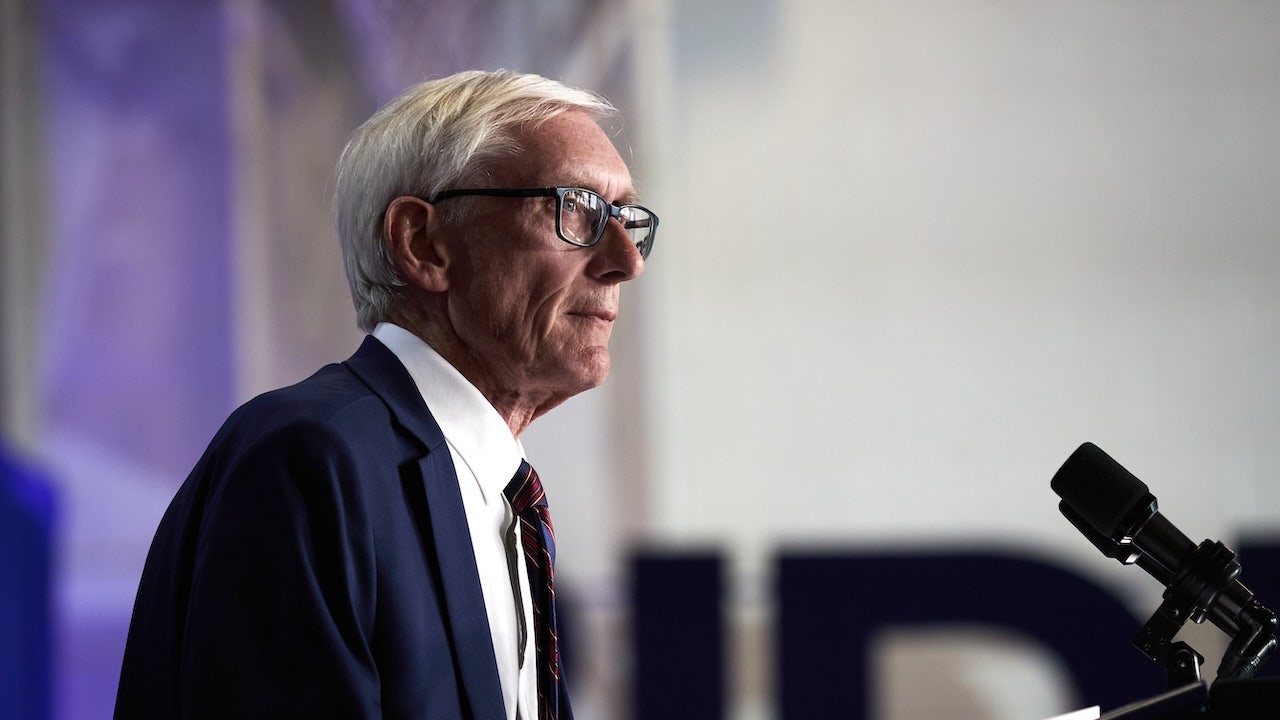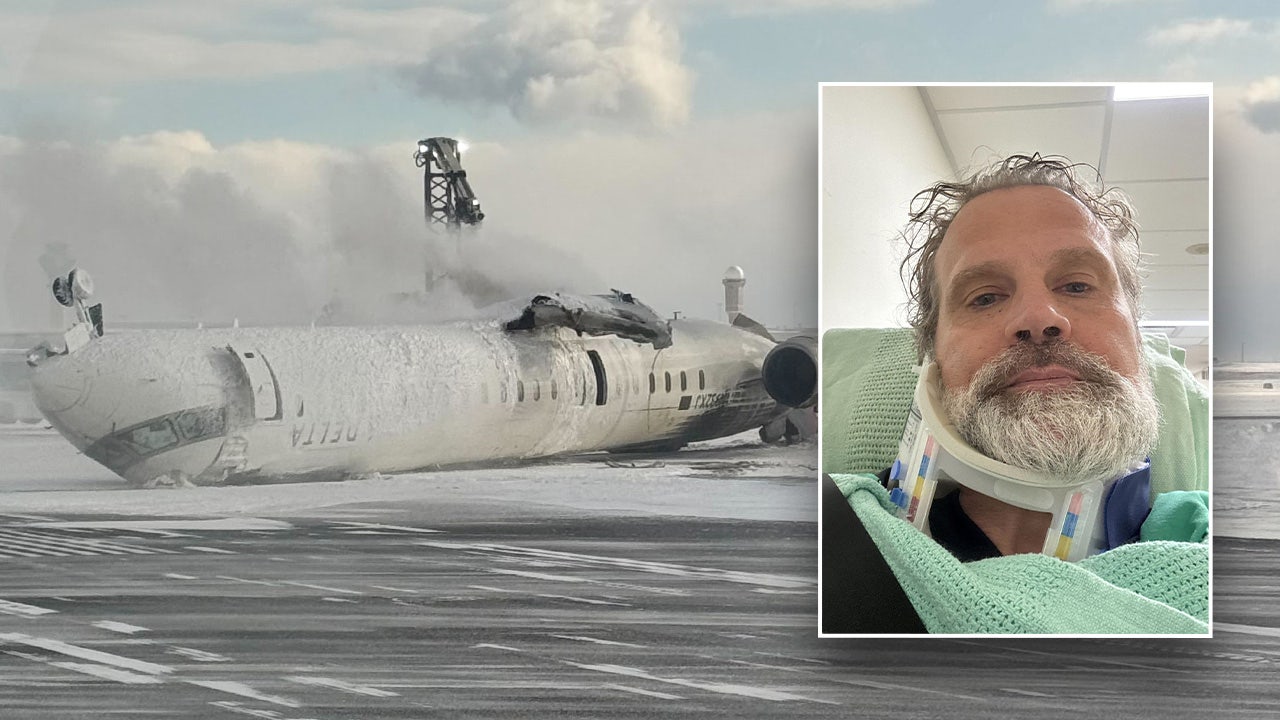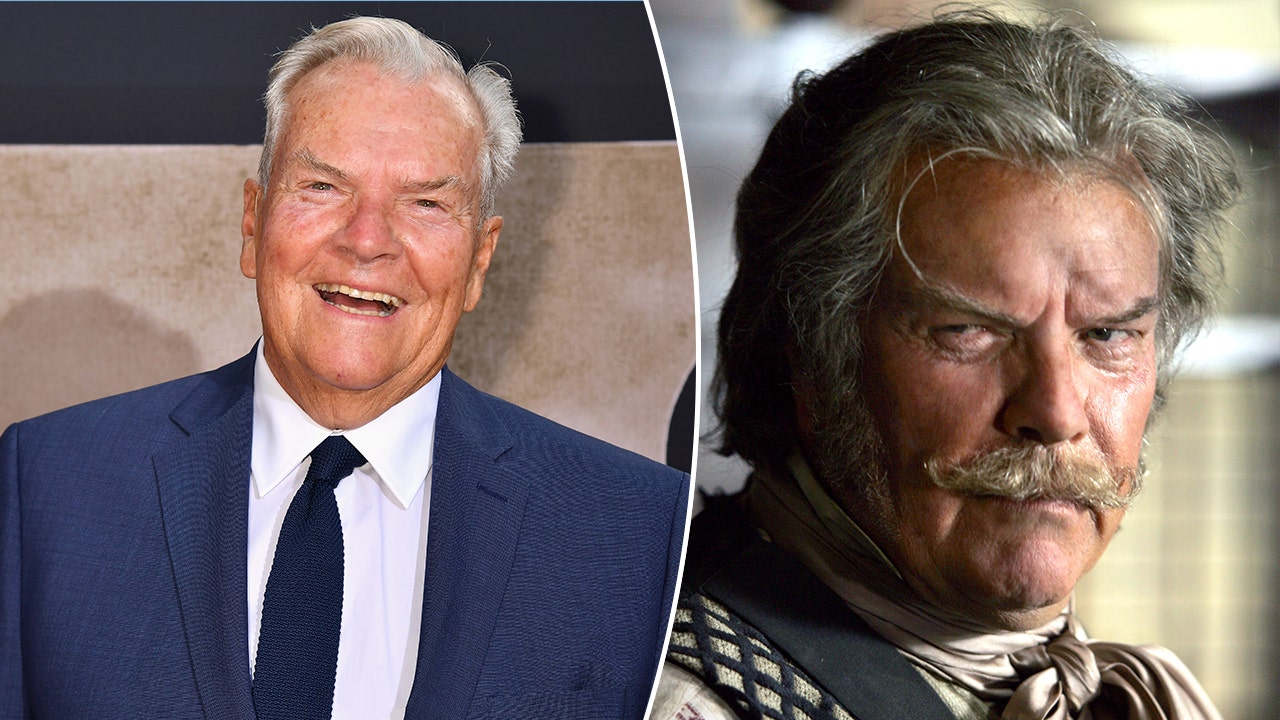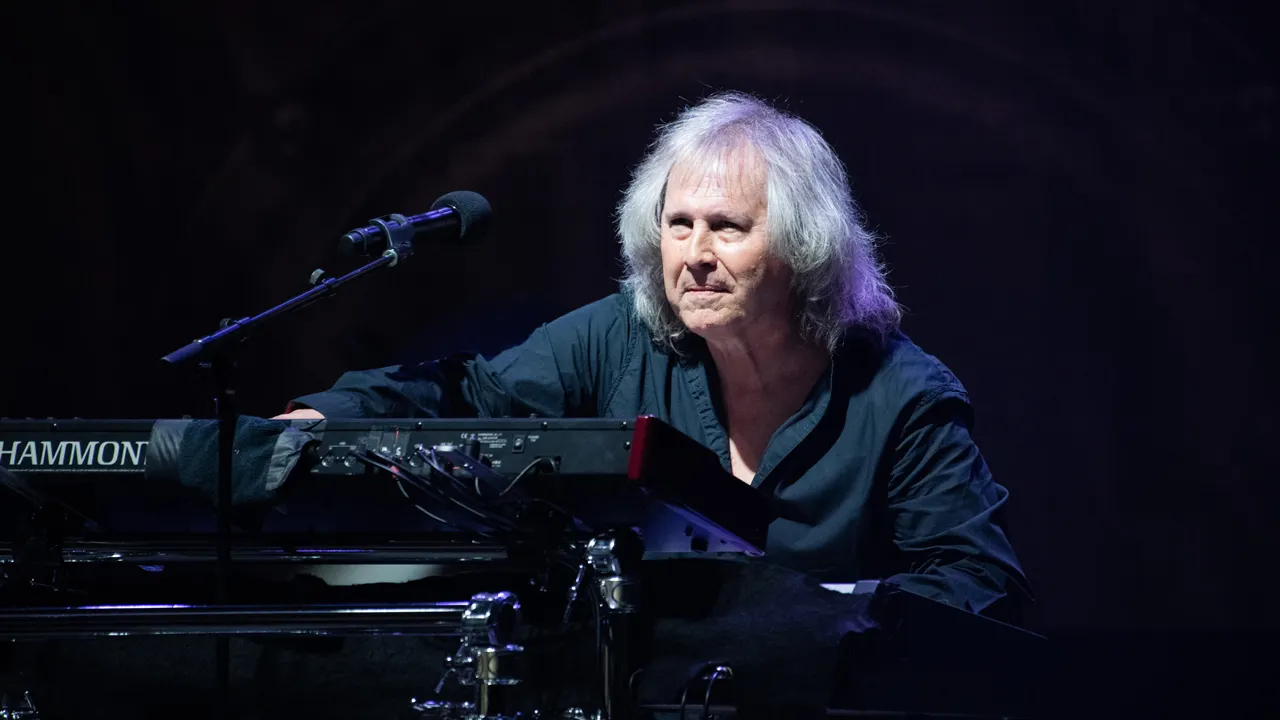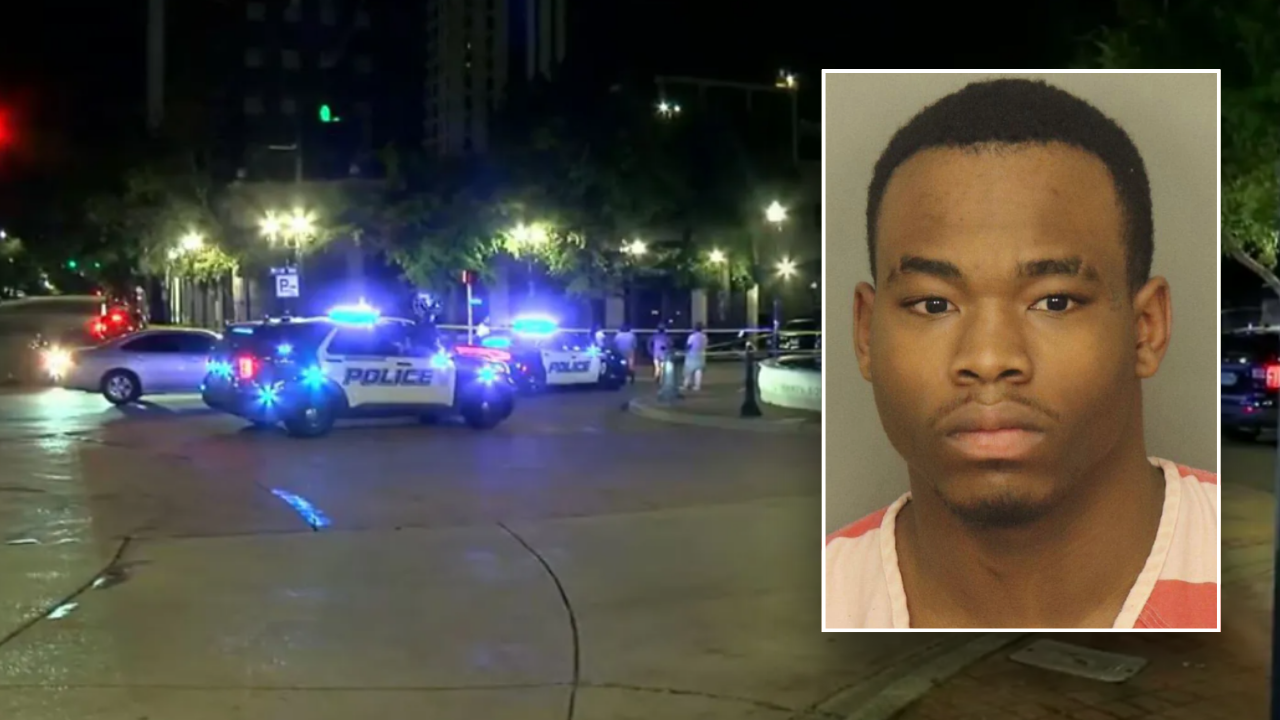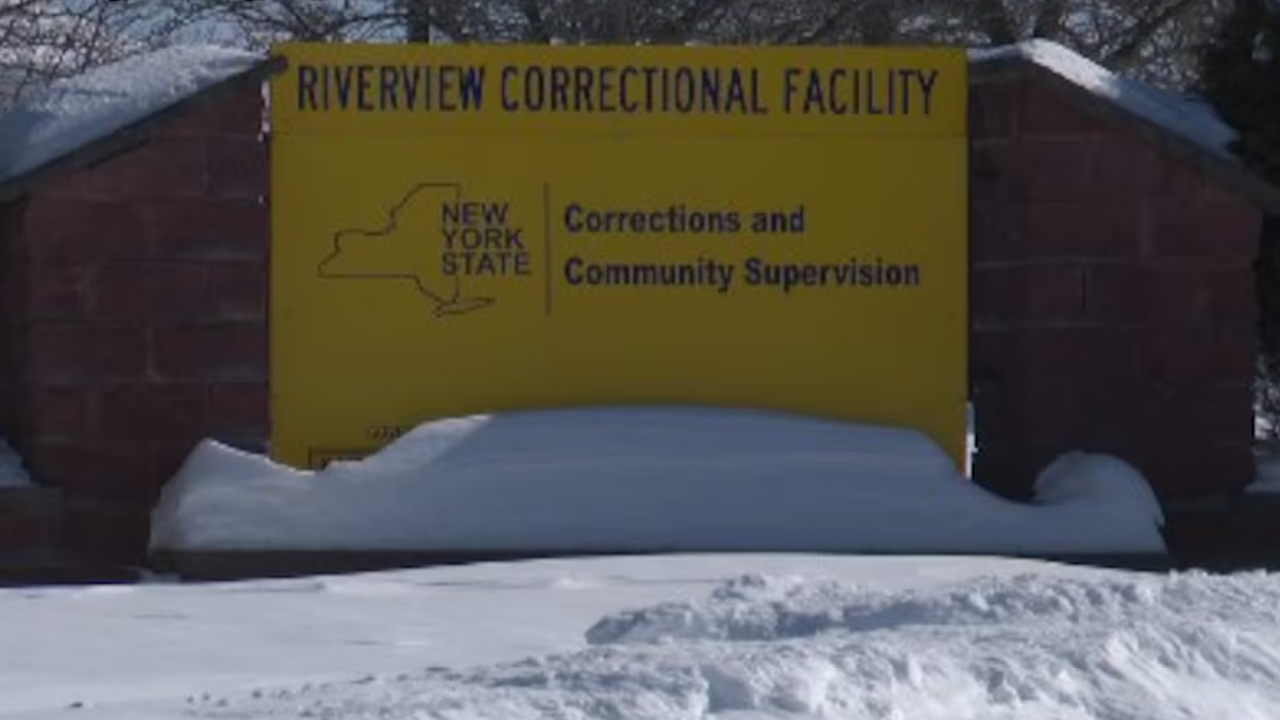Nightclub Shooting Suspect Damien McDaniel Linked to Multiple Shootings
The Alabama suspect accused of opening fire outside a Birmingham nightclub in September has now been charged with killing several other people in multiple shootings this year.
Damien McDaniel, who is currently in police custody, was charged with capital murder in connection with the July 13 mass shooting that killed four people and wounded 10 others. The 22-year-old’s charges were announced by the Birmingham Police Department during a press conference on Wednesday.
Tangled Web of Violence and Fear
McDaniel finds himself at the center of a grim narrative. His connections to various shootings illuminate a troubling pattern of violence. On September 21, outside a nightclub near the University of Alabama at Birmingham, tragedy struck again as four more individuals lost their lives and another 17 were injured. At that point, Birmingham Police Chief Scott Thurmond suggested that the incident appeared to be a “hit,” implying a calculated motive behind the chaos. This characterization raises unsettling questions about the nature of violence in modern society, where lives can be extinguished in an instant, leaving communities grappling with grief and confusion.
A Sinister Pattern Unfolds
But the story doesn’t end there. Authorities now suspect McDaniel in three additional fatal shootings that occurred on separate days in August and September. The scale of violence attributed to him grows more harrowing, with police estimating that he is responsible for the deaths of 11 individuals and injuries to 29 others across five incidents. Such statistics provoke a chilling reflection on public safety, the ripple effects of gun violence, and the urgent need for community cohesion.
Also implicated in the July mass shooting is suspect Hatarius Woods, 27, whose recent arrest adds another layer of complexity to a disturbing situation. While investigations continue into the September 21 shooting, officers believe these two suspects are accountable for approximately 30% of Birmingham’s homicides between July and September.
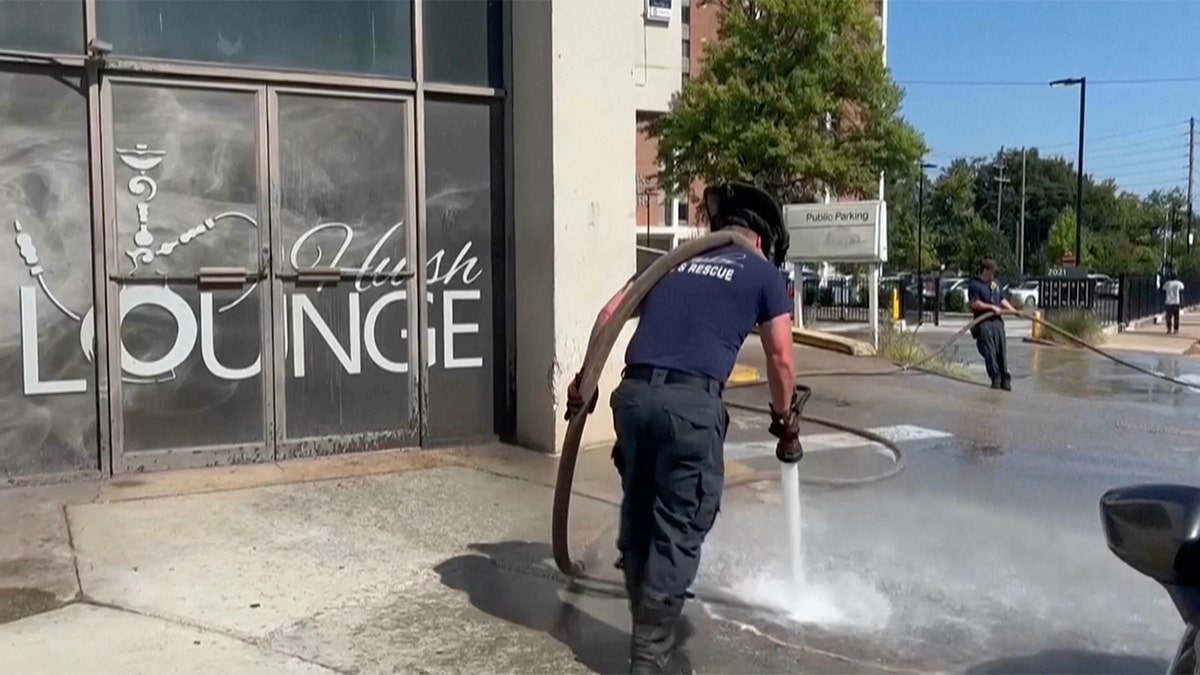
The Struggle for Solutions Amid Crisis
During the same press conference, Officer Truman Fitzgerald painted a stark picture of the situation. “These individuals began their violent spree in July and did not cease through September,” he stated, addressing the persistent criminal element that casts a shadow over Birmingham. His remarks echoed a broader frustration throughout the community, a plea for more than law enforcement — a necessity for substantive change.
Birmingham Mayor Randall Woodfin added his voice to the conversation, expressing concern over the escalating violent crime crisis. He asserted that simply increasing police presence won’t solve the issue. “Even if I give you more officers on our streets,” he said, “people are still legally allowed to drive around with these types of guns.” A somber truth resonates in his message; residents yearn for relief, a safe haven where gun violence does not dominate their daily lives. The mayor’s words echo a shared sentiment: the longing for stronger gun safety legislation that prioritizes community well-being.
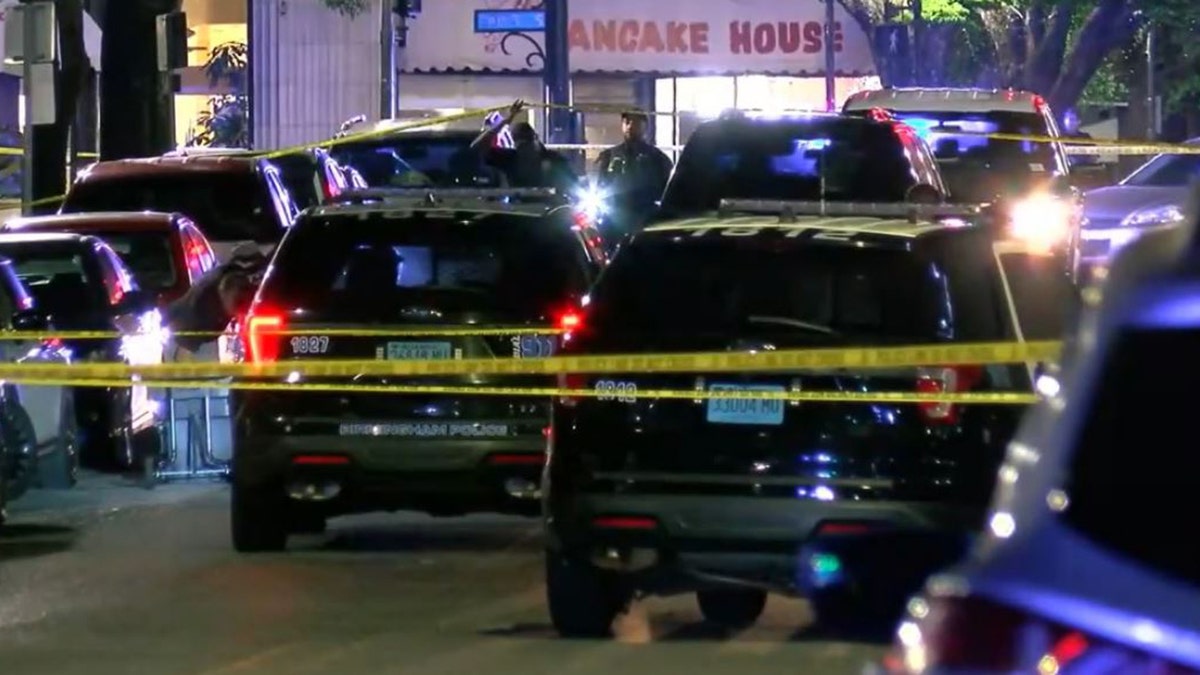
As Birmingham grapples with these grim realities, the community stands at a crossroads. The urgent need for proactive and thoughtful measures resonates through conversations in local coffee shops and neighborhood gatherings, a call to rethink how society can better protect its citizens. After all, the random fact remains that Alabama’s rate of gun violence is among the highest in the nation, a statistic that should encourage introspection.
In the aftermath of such tragedy, one can only hope that Birmingham will find the courage and resolve to address the pressing issues at hand, promoting a culture of safety and compassion rather than fear and violence.


